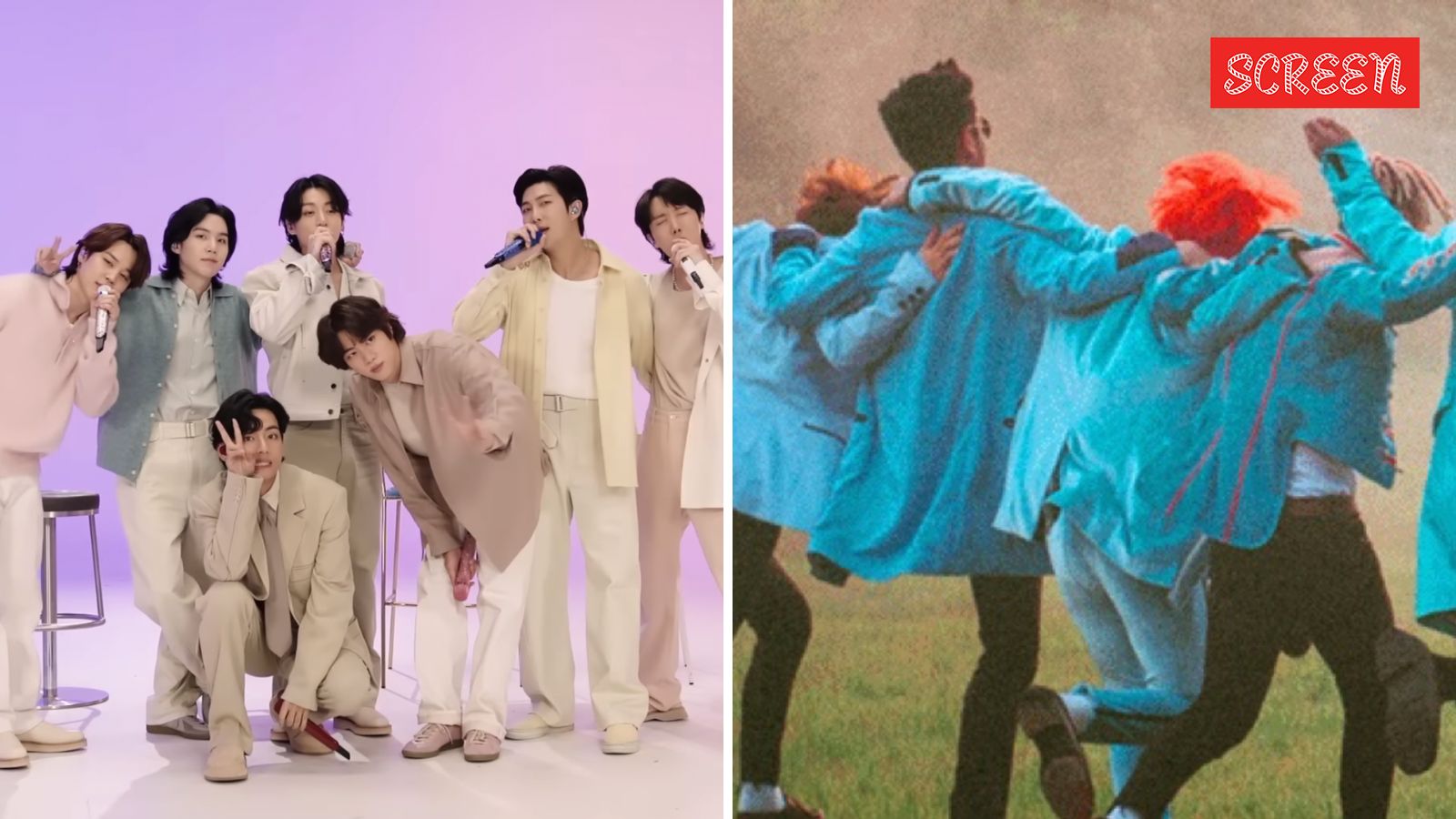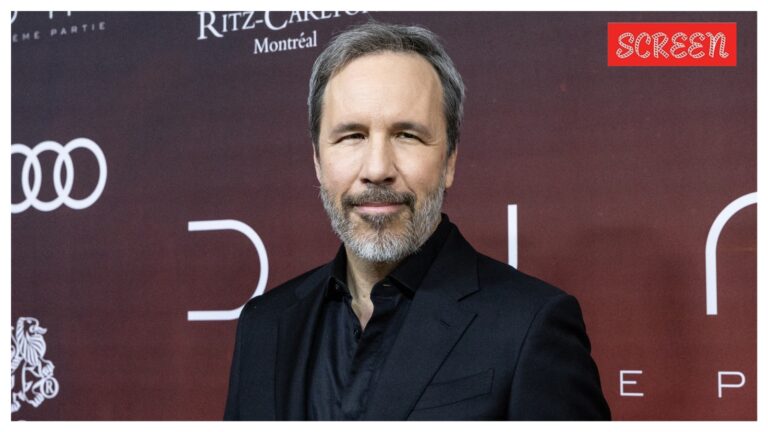Today, the world knows BTS as the face of K-pop, a seven-member boy band dubbed South Korea’s soft power, single-handedly boosting the country’s tourism and global influence. But before BTS, before BLACKPINK, Stray Kids, SEVENTEEN, and any group selling out arenas across the U.S. and beyond, there was, and still is, a second-generation K-pop group that rewrote the rules.
BIGBANG, the five-member boy band, didn’t just perform, they created. They were the first to bring self-written songs and original compositions to the idol scene, pushing the second wave of Hallyu across Asia and even into the West. Often called the “Kings of K-pop,” they introduced lightstick culture, changed the fandom game, and were hailed as creative geniuses. But one by one, YG Entertainment’s crown jewels got dragged into controversy. Each member took a hit, and the group slipped into an indefinite hiatus.
ARTICLE CONTINUES BELOW VIDEO
The rise and fall of BIGBANG
In South Korea, BIGBANG, originally comprising of G-Dragon (Kwon Ji Yong), Taeyang (Dong Young Bae), Daesung (Kang Dae Sung), Seungri (Lee Seung hyun, retired), and T.O.P (Choi Seung hyun, now officially out), are still considered one of the most influential groups, with some even placing their impact above BTS. While all members have launched solo careers, most are still stronger than half the K-pop groups out there. It’s wild that the group never disbanded. They went on hiatus in 2018, but fans, aka V.I.P, are still holding out for a comeback.

BIGBANG was YG Entertainment’s first idol group, launched when the agency was already a major player, unlike BTS, who debuted under BigHit, a label barely known back then. So that comparison doesn’t hold. But, in today’s world, where RM, Suga, and J-Hope are praised for their songwriting and producing, it was G-Dragon who started that fire first. BIGBANG debuted with a sharp hip-hop influence, bold for its time, and quickly stood out. They weren’t just about music; their fashion smashed boundaries. Stage presence, unmatched. Songs, ubiquitous. And their fandom is still ride-or-die since their debut.
Also read: BTS’ Suga hit with TV ban petition over ‘dangerous influence’ after DUI case
BIGBANG’s rise peaked from the mid-2000s to the early 2010s. Back then, only those with a real ear for music knew what they were witnessing. Stats don’t lie: of the 18 domestic singles they dropped since the Circle Chart was created in 2010, 11 hit at number 1. The rest, no. 2 or no. 3, are usually blocked by their own song already sitting at the top.
Story continues below this ad
Before BIGBANG, concertgoers used to show support for their idol groups through colourful balloons. G-Dragon reportedly designed the “Bang Bong” in 2006 as a unique symbol to spot their fans, called the V.I.Ps. This invention sparked a new trend of every K-pop group having its own official lightstick. Before BIGBANG, it was also rare, almost impossible, for a group member to pursue a solo career, but they opened the floodgates. Particularly G-Dragon and Taeyang, who launched a highly successful solo venture, with Heartbreaker and Wedding Dress. The group was also the first to hold a large-scale global world tour, BIGBANG’s Alive Galaxy Tour in 2012–2013, extending to North and South America.
BIGBANG’s controversies
The group debuted in 2006, and after over a decade, when they were finally at the peak of their career, it all started crashing down.
Daesung’s car accident: In 2011, Daesung was involved in a car accident that reportedly claimed the life of a motorcyclist, who was said to have already been lying on the road before the incident. The court ruled in Daesung’s favour, he was acquitted, as it was deemed that the individual had died before the collision. He was only fined for speeding. The singer had to take a hiatus for self-reflection.
In 2019, he was struck again when reports surfaced that one of his buildings was dragged into the Burning Sun scandal, over allegations that it housed illegal entertainment businesses, including those suspected of prostitution.
Story continues below this ad
T.O.P’s drug usage: T.O.P made his successful comeback with Squid Game, but his drug use derailed his career, and he was forced to leave BIGBANG. He was indicted for smoking marijuana with a female trainee. He was found guilty and sentenced to 10 months of suspended prison time.
G-Dragon’s marijuana use, plagiarism, and special treatment: G-Dragon, as the leader of the group and still one of the most influential K-pop stars with a strong solo career, was hit with charges of marijuana use. He denied the claims, saying he took a drag from someone and didn’t know it was marijuana. His solo debut track “Heartbreaker” also faced plagiarism allegations. During his military service, some even accused him of receiving preferential treatment. G-Dragon was recently investigated again for alleged drug use, but was let go due to insufficient evidence.
Seungri (The Burning Sun scandal and the most devastating): This remains the biggest controversy yet. It ended with Seungri’s retirement from entertainment and eventual jail time. He officially left BIGBANG in 2019. The allegations centred around the Burning Sun nightclub, where Seungri was a director and part-owner.

























